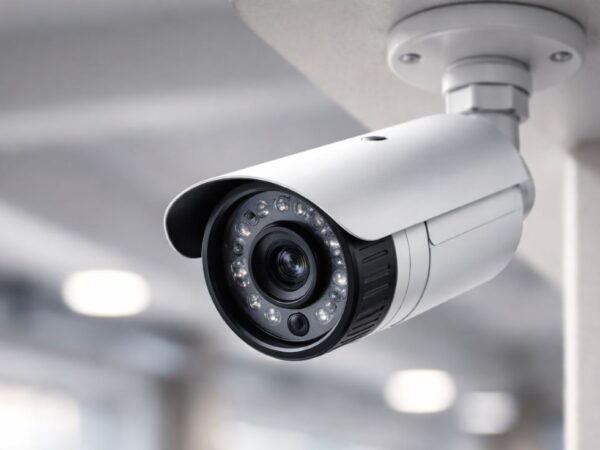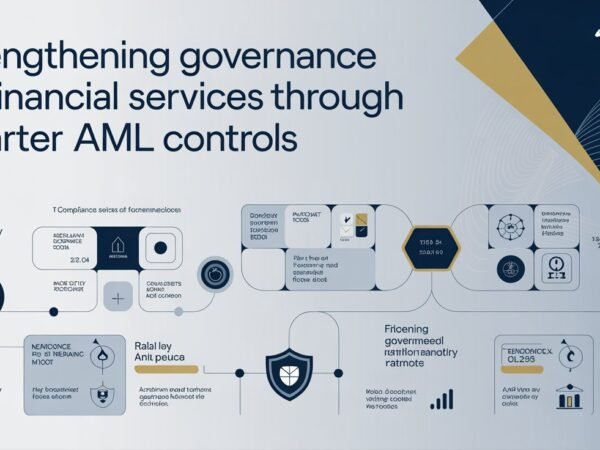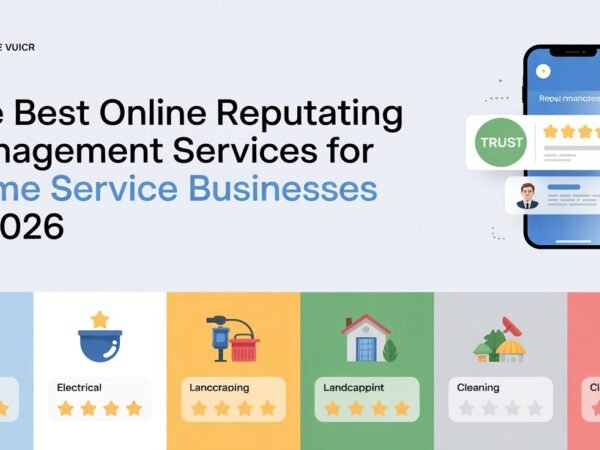In an era defined by fluctuating energy costs and increasing environmental consciousness, businesses across the UK are discovering a powerful solution to secure their future: commercial solar panels. This comprehensive guide will explore the multifaceted benefits of commercial solar panel installation, outline the installation process in the UK, and examine the crucial role of solar panel grants in making this transformative technology accessible.
The Undeniable Benefits of Commercial Solar
Investing in solar panels for business offers a compelling combination of financial, environmental, and operational advantages.
Significant Cost Savings and Predictable Energy Bills
The most immediate and tangible benefit of commercial solar is the dramatic reduction in electricity bills. By generating your clean power on-site, your business significantly decreases its reliance on grid electricity. This insulates you from volatile energy price fluctuations, providing long-term cost predictability crucial for effective financial planning and allowing you to reinvest savings into core business activities.
New Revenue Streams through Energy Export:
Beyond simply reducing your consumption, commercial solar panels can even generate income. Through schemes like the Smart Export Guarantee (SEG) in the UK, any surplus electricity your system produces can be sold back to the national grid. This provides an additional revenue stream, further enhancing the return on investment for your solar installation.
Enhanced Sustainability and Brand Reputation:
Adopting solar energy demonstrates a clear commitment to environmental responsibility. This aligns with global sustainability goals and resonates powerfully with increasingly eco-conscious consumers, clients, and employees. A strong green credential can significantly boost your brand image, attract new customers, and strengthen relationships with existing stakeholders.
Greater Energy Independence and Resilience
Generating your power fosters greater energy independence, reducing your vulnerability to power outages or disruptions to the traditional grid. This resilience ensures business continuity and peace of mind.
Increased Property Value:
Commercial properties equipped with solar installations are often viewed as more desirable and valuable assets, enhancing your business’s overall value.
The Commercial Solar Installation Process in the UK
The journey to commercial solar installation in the UK involves a structured process, typically managed by experienced solar providers, to ensure a seamless transition.
Initial Consultation and Feasibility Study:
The process begins with a thorough assessment of your business premises and energy consumption patterns. This includes evaluating roof suitability (or available ground space), structural integrity, shading factors, and current electricity usage. This detailed analysis informs the optimal system size and design.
System Design and Engineering:
Based on the feasibility study, a bespoke solar PV system is designed. This stage determines the type and number of panels, inverter specifications, and potential battery storage options to maximize energy generation tailored to your specific needs. Electrical connections to the grid and on-site systems are also meticulously planned to comply with all regulations.
Consent and Permissions:
Navigating the regulatory landscape is a critical step. While many rooftop installations fall under permitted development rights, larger or ground-mounted systems, or those in conservation areas, may require planning permission from your local council. Crucially, approval from the Distribution Network Operator (DNO) is almost always needed to connect your system to the national grid and enable export. Your chosen installer will typically manage these applications.
Procurement and Installation:
Once all designs and permissions are secured, the equipment is procured. The physical installation involves mounting the commercial solar panels, installing inverters, and connecting the wiring to your building’s electrical system. Professional installers adhere to strict safety standards and aim to minimize disruption to your business operations. The installation duration varies depending on system size and complexity, typically ranging from a few weeks to several months.
Commissioning and Monitoring:
After installation, the system undergoes a rigorous commissioning process. Engineers perform final checks and tests to confirm everything is working as designed and safely connected to the grid. An Electrical Installation Certificate (EIC) is issued. Post-commissioning monitoring systems are set up to track energy generation and system performance, often providing real-time data to help you optimize your energy usage.
Unlocking Financial Support: Grants for Commercial Solar
The upfront cost of commercial solar panel installation can be a significant consideration. Still, various solar panel grants and incentives are available in the UK to help businesses make the transition more affordable. Accessing this grant money for solar panels can drastically improve the return on investment.
Smart Export Guarantee (SEG):
While not strictly a grant, the SEG is a government-backed initiative that mandates large energy suppliers to pay businesses for any surplus electricity exported to the national grid. This provides a valuable ongoing revenue stream, making your solar investment even more financially attractive. Businesses with MCS-certified (Microgeneration Certification Scheme) installations and an export meter are eligible for this incentive.
Annual Investment Allowance (AIA):
This significant tax relief allows businesses to deduct 100% of the cost of qualifying plant and machinery, including commercial solar panels, from their taxable profits in the year of purchase. The AIA limit is currently £1 million per year, providing substantial tax savings for most commercial installations.
Full Expensing:
For companies subject to corporation tax, ‘Full Expensing’ allows for a 100% deduction of the cost of qualifying plant and machinery, offering immediate tax relief on your solar investment.
Local and Regional Grants (UK Shared Prosperity Fund – UKSPF):
The UK Shared Prosperity Fund (UKSPF) is a government initiative that provides funding to local authorities across the UK to invest in their communities. This often includes specific local and regional solar grants for businesses looking to enhance energy efficiency and adopt renewable technologies like grants for PV panels. These schemes vary by location, so it’s crucial to check with your local council or growth hub for available opportunities and eligibility criteria. These grants often cover a significant portion of project costs.
Other Potential Funds:
While less common for standard solar installations, businesses in specific industrial sectors may explore grants, such as the Industrial Energy Transformation Fund (IETF), for larger and more complex decarbonization projects. Additionally, green business loans with preferential interest rates are becoming increasingly available from various financial institutions.
To maximize your chances of securing financial assistance, it is highly recommended to:
Consult with a reputable commercial solar installer such as Excel Energy UK.
A trusted installer will have up-to-date knowledge of current grants and can assist with the application process. Excel Energy can even provide you with a free quote, allowing you to see the financial and environmental benefits of a commercial PV solar installation before making an investment decision.
Excel is MCS, ISO 9001, 14001, and 45001 certified, ensuring you receive the best support, quality installation, and environmentally friendly service available.
Contact your local council or regional growth hub: These organizations are excellent resources for identifying specific local funding opportunities relevant to your business location.
Seek professional financial advice: An accountant can help you understand the tax implications and best utilize allowances like AIA and Full Expensing.
By strategically leveraging these financial incentives alongside the inherent long-term savings and environmental benefits, businesses can unlock their full potential and embrace a sustainable, energy-independent future powered by commercial solar panels.
Do Read: Why Infrastructure Management Services Are Essential in the Utilities Sector













